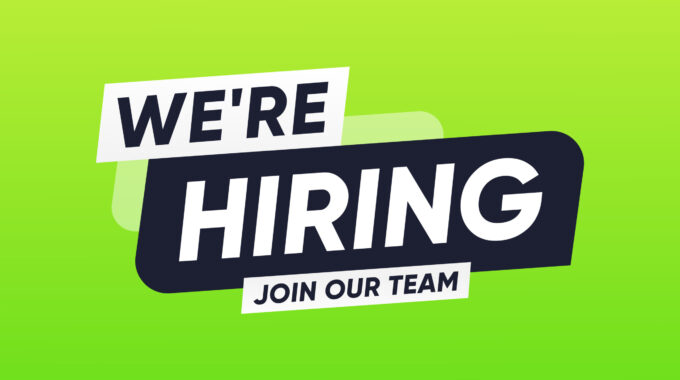Delighted to attend the Houses of the Oireachtas with Forest Industries Ireland (FII) today. Putting…

EPAL Lawsuits
The lawsuits, brought by EPAL and its Dutch subsidiary NEDERPAL in the Court of The Hague, ruled that the state of a pallet is changed when it is repaired. However, the original trademark remains valid – so the pallet cannot be repaired or traded if it still carries the original EUR/EPALbrand.
The only exception to this rule is when the company has an official licence to repair EUR/ EPAL pallets, or when it is doing everything reasonably possible to indicate that the repairs were done outside of the control of EPAL, the holder of the trademark; in practice this means obliterating the trademark on the pallets before they are traded.
Martin Leibrandt, CEO of EPAL said: “These twin rulings highlight the importance that any companies repairing EUR/EPAL pallets can only do so legally if they hold a licence. Our pallets are part of a pooling and exchange system where the guarantee of consistently high quality is vital, so the process of initial production, sorting and repair is governed by strict rules. This allows us to guarantee set specifications for wood use, moisture content, board thickness, brand mark, nails, nail distribution and blocks.
“A licence allows EPAL and auditor SGS to monitor and control quality and ensures an equal market for all pallet repairers. We are continuing to work hard to ensure that the rules are followed by all users and repairers of EUR/EPAL pallets.”
Legal action brought against two European pallet repairers has found both companies had been repairing EUR/EPAL pallets without a licence and not complying with the rules of repair.
– Jan 2014




This Post Has 0 Comments